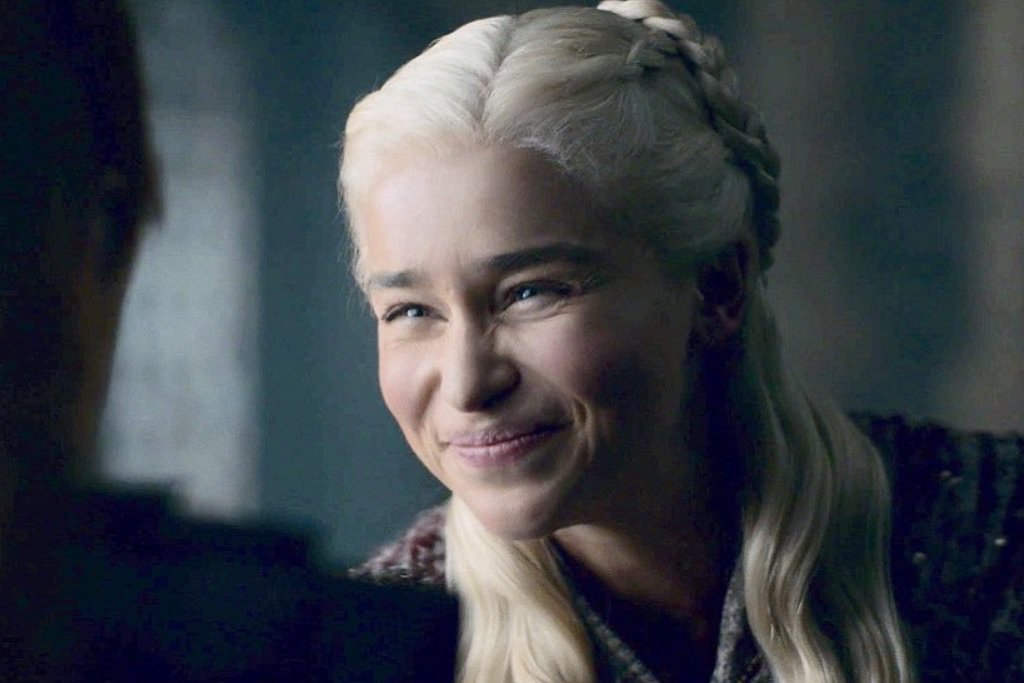“What do you think of yesterday’s Thrones episode?”
“Looked nice, but what was with the plot? Why are they so dumb all of a sudden?”
“I know, right? At least Endgame was good.”
“Yup. Talk about the right way to do closure.”
This morning, I went into the Thrones’ finale with a sense of morbid curiosity, like a child watching a rat corpse decompose warmly in the sun. Over the last two seasons, the dull-as-ditchwater plot developments and damp writing had all but drowned my expectations for the show.
By now, we have all reached the final stage of grief over GoT: acceptance. This is why I elected to hold off on watching Endgame until right after I caught the final episode of Thrones, having heard for weeks how Avengers: Endgame would be the ultimate cinematic experience, the concluding chapter of a lifetime, a tear-jerker more powerful than Infinity War.
I entered the cinema with high hopes, recalling fondly how much I enjoyed Josh Brolin’s Thanos in the previous film. I hoped that a giant purple alien would take the sting off of my eventual dissatisfaction with Thrones’ ending.
Yet here I sit after both experiences, feeling equally let down. Why exactly were these geek events so bad?
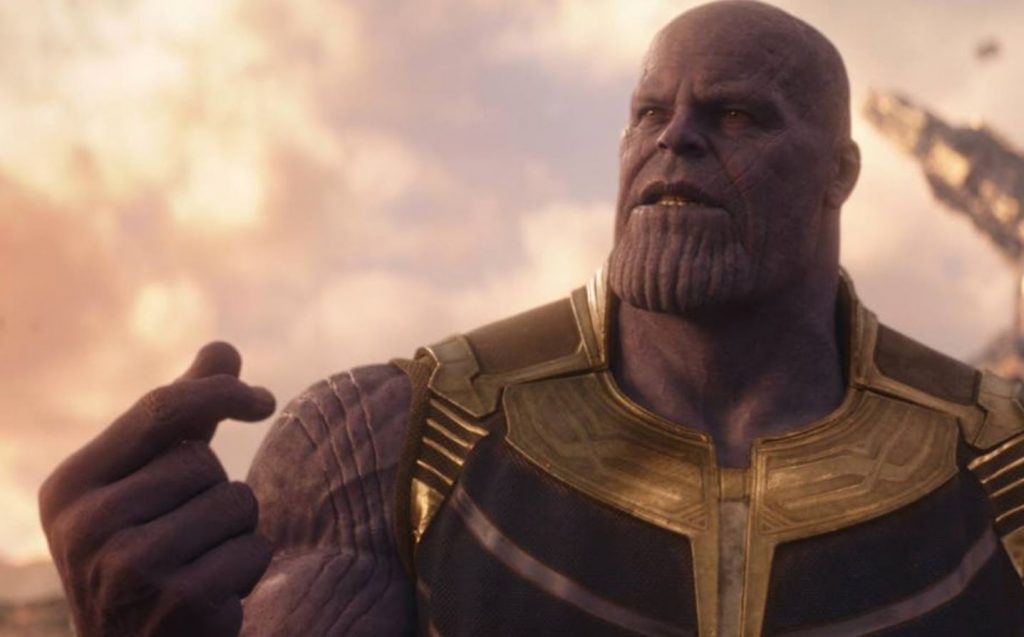
After a while, the hype train becomes so long, so loud, so laborious, the burden of expectation weighs heavily upon its engine. As each movie (or each season) in the franchise comes and goes, the tracks begin to wear out. Some people blame the fans for this, but this is ridiculous. We all know—or are at least dimly aware—of how much money goes into marketing the final product as a grandiose extravaganza of life-changing proportions.
No matter the substance of the movie or show, such a lucrative franchise will never meet the bar it sets for itself.
For Thrones, you see this in the writer’s attempts to defy all predictions, leading to the least-earned hero’s victory in recent memory. Who should kill the Big Baddie—the hero who spent the show’s run fighting him, or a ninja from across the sea? Consider my expectations subverted.
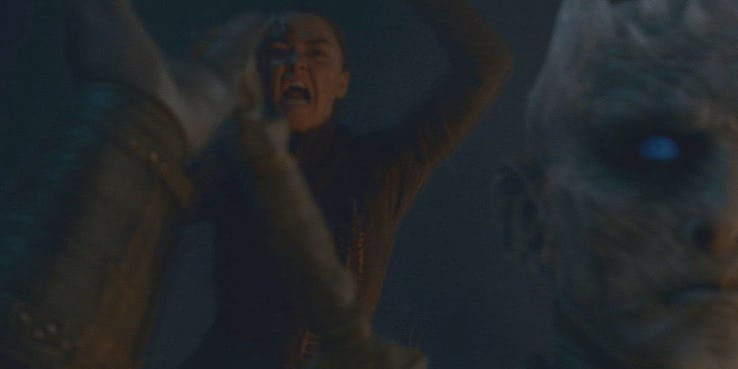
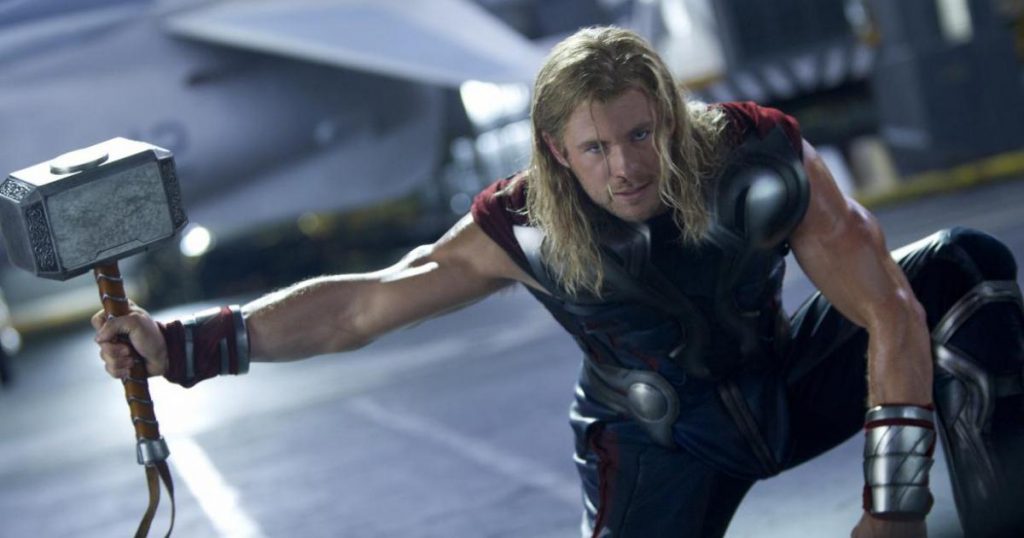
Thrones relies on literally misquoting a magician’s offhand remark in a previous season, and re-framing it as a prophetic utterance, in order to justify its big twist. Other prophecies (Azor Ahai, Valonqar, wherefore art thou?) are ignored outright.
Endgame uses emotional connections developed in previous films to justify undeserved character moments, like Gamora’s last-minute change of heart, or Tony’s drawn-out conversation with his father. The ballast of character development is too shallow; the sleepers of plot contrivance flimsy and weak.
(Ballast and sleepers are parts of train tracks, so the extended metaphor chugs on. Hang in there.)
Ultimately, however, both franchises suffer from a fatal flaw that was built right into the engine—a programmed fault, a ticking time bomb: adaptation sickness.
The rails may be strong, the winds weak, the burden light, but the engine would still have exploded because, at the end of the day, these adaptations are but dim shadows of the light cast by their source material.
The complexity of A Song Of Ice And Fire, the source material for Game Of Thrones, is nothing to be scoffed at; while the showrunners condensed and compacted characters and plotlines, they lost the intrigue that had made the show so compelling to begin with. It’s not about the wars, or the sex, it’s about the Game.
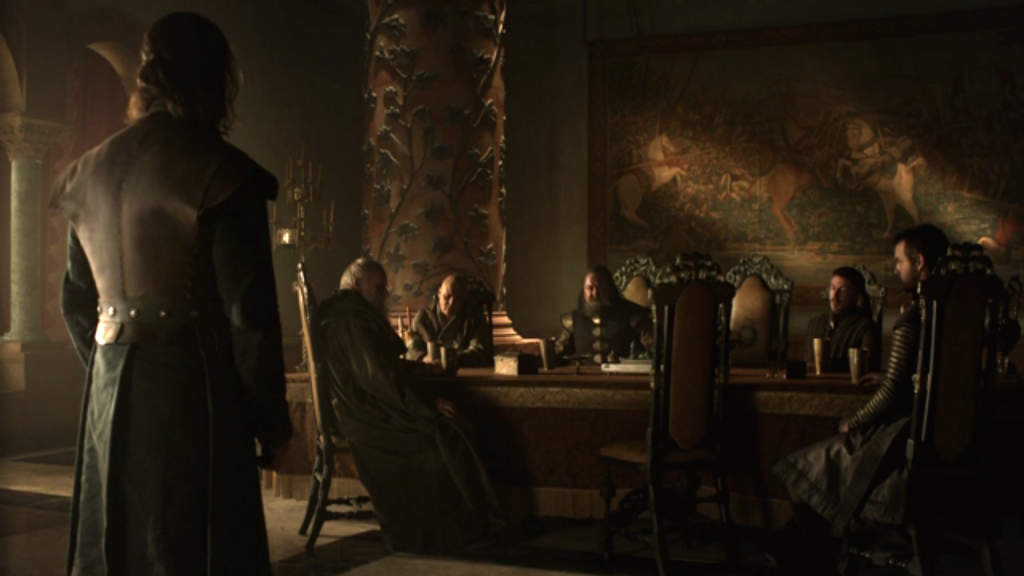
Marvel is no different. The (often stupid) complexity of the comics, while impossible to adhere to, is something that Marvel Studios has always tried to capture in their films. This is especially so given what a downright cash cow the franchise has become; more heroes in one movie equals more money, after all. Not enough interest in Ant-man? Let’s put Falcon in his sequel movie, for no damn reason!
Endgame’s bloated character list, which producers know will attract comics fans and casual moviegoers alike, caused its downfall: the story never lingers long enough on any character for me to care about them. The deaths of Natasha and Tony did not draw any response from me; I only shed a single tear when Thanos bit the dust—literally. RDJ’s draggy reading of “I am Iron Man” would have impressed me if I hadn’t spent half the movie staring into Hawkeye’s undercut.

You may have loved these franchises, or you may have hated them. You may, like me, have loved them to begin with, but looked on in creeping sorrow as their stars faded, your faithful viewing turning to ashes in your mouth.
Adaptation-franchises aren’t all doomed to fail, of course, but Lord In The Rings is just one in a million. As long as there is money to be made by appealing to the lowest common denominator, such huge ‘events’ will, inevitably, suck.
